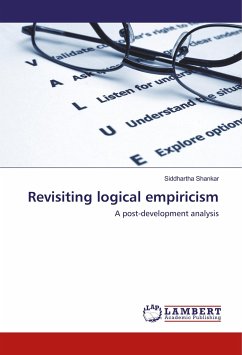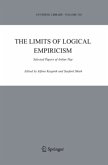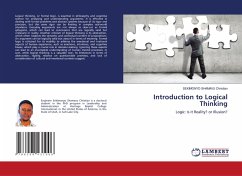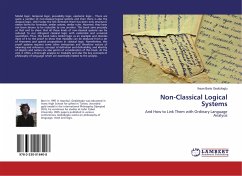This book provides a description and an analysis of logical empiricism a very powerful philosophical doctrine of twentieth century and also its logical connection with contemporary physics. Apart from offering an exact account of what the Logical empiricist intended to prove, it argues some key-points of its possible failure as a sound philosophical idea. Siddhartha Shankar aims at the point where physics and philosophy were interacted upon. He describes the whole thoughts with careful consideration particularly the philosophy of empiricism and its later drawback. Karl Popper who was also a first-class anti-empiricist is also drawn out for the case of later development. Albert Einstein and his philosophy of relativism was at the initial inspiration of the positivists, Neils Bohr although stood at the opposition to Einstein, on some issues of Quantum physics etc., were conceived to be positivist. As a serious epistemological issue logical empiricism is always admired by the physicists. This book actually finds that logical empiricism had a historical linkage with the development of the physics of relativism and also the philosophy of quantum mechanics.
Bitte wählen Sie Ihr Anliegen aus.
Rechnungen
Retourenschein anfordern
Bestellstatus
Storno








